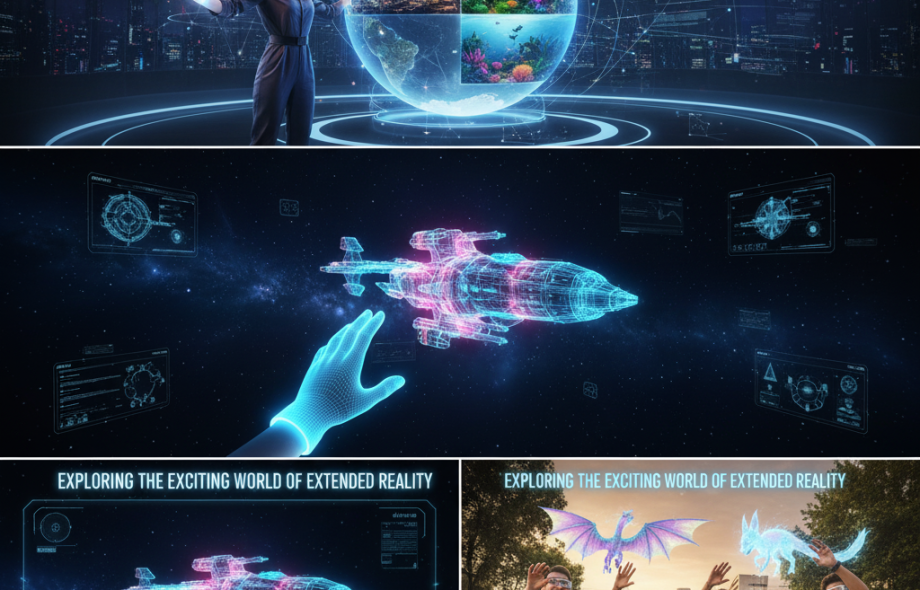Extended Reality (XR) is a cutting-edge technology that is revolutionizing the way we interact with the digital world. XR encompasses a spectrum of technologies, including Virtual Reality (VR), Augmented Reality (AR), and Mixed Reality (MR), that seamlessly integrate digital content with real-world environments. As the demand for immersive and interactive experiences continues to grow, XR is increasingly being adopted across various industries, from gaming and entertainment to healthcare and education.
One of the key advantages of XR technology is its ability to create truly immersive experiences that engage multiple senses, allowing users to feel like they are truly part of the digital world. This sense of presence is achieved through advanced hardware such as headsets, gloves, and haptic feedback devices, which help to create a seamless and realistic virtual environment. This level of immersion has opened up endless possibilities for applications, from training simulations and virtual tours to interactive storytelling and collaborative workspaces.
Moreover, XR technology has the potential to revolutionize the way we learn and communicate. In education, students can explore historical sites in VR, conduct science experiments in AR, or learn new languages through interactive simulations. In the healthcare industry, surgeons can practice complex procedures in a safe virtual environment, while therapists can use VR to treat phobias and PTSD. XR technology is also being leveraged in the field of architecture and design, allowing professionals to visualize and interact with 3D models in real-time.
As XR technology continues to evolve and become more accessible, the possibilities for its application are endless. Businesses are exploring ways to use XR for marketing and advertising, creating interactive brand experiences that capture the attention of consumers. In the gaming industry, developers are pushing the boundaries of XR technology to create immersive and engaging gameplay experiences. Even the entertainment industry is looking into using XR for live performances and virtual concerts.
In conclusion, Extended Reality is a transformative technology that is reshaping the way we interact with the digital world. With its ability to create immersive, interactive, and engaging experiences, XR has the potential to revolutionize industries across the board. As XR technology continues to mature and become more widely adopted, we can expect to see even more groundbreaking applications in the near future.
 :
https://www.pinterest.com/xceltec0192/
:
https://www.pinterest.com/xceltec0192/












